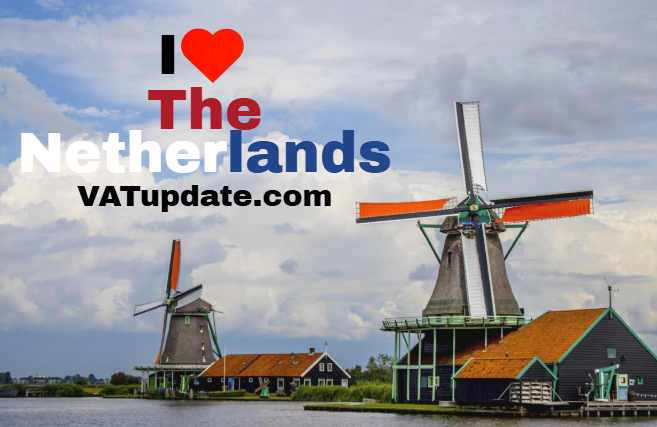- Court Ruling Summary: The Court of Appeal of ‘s-Hertogenbosch determined that the renovations made to an office building did not result in the creation of a new building, as the external appearance remained largely unchanged.
- Property Background: The property, originally purchased by A for €4.8 million, underwent significant renovations costing approximately €7 million to convert it into a hotel between 2017 and 2018, ultimately increasing its market value to €16,238,650.
- Tax Exemption Claim: X, who purchased the hotel for €15.8 million in 2018, sought an exemption from transfer tax based on the claim that the renovations qualified the property as a manufactured good under Article 11(3)(b) of the VAT Act 1968, which was rejected by the inspector.
- Legal Proceedings: Following a preliminary ruling from the Supreme Court, the Zeeland-West-Brabant District Court concluded that the changes made to the building’s architecture were not radical enough to classify it as a new building, despite the substantial renovations.
- Final Decision: The Court of Appeal upheld the District Court’s decision, stating that factors such as functional changes and the level of investment do not determine whether a building is considered “essentially new construction” under VAT law.
Source Taxlive
Latest Posts in "Netherlands"
- Dutch Court Rules Outsourced Payment Processing Qualifies for VAT Exemption
- No Reduced VAT Rate for Head Spa Treatments at Hairdressers, Dutch Tax Group Rules
- Comments on ECJ C-232/24: Both factoring but also invoice financing subject to VAT
- Netherlands Plans Mandatory Peppol-Based B2B E-Invoicing Regime by July 2030
- Netherlands Tourism at Risk: Experts Warn VAT Hike Could Harm Industry and Economy














